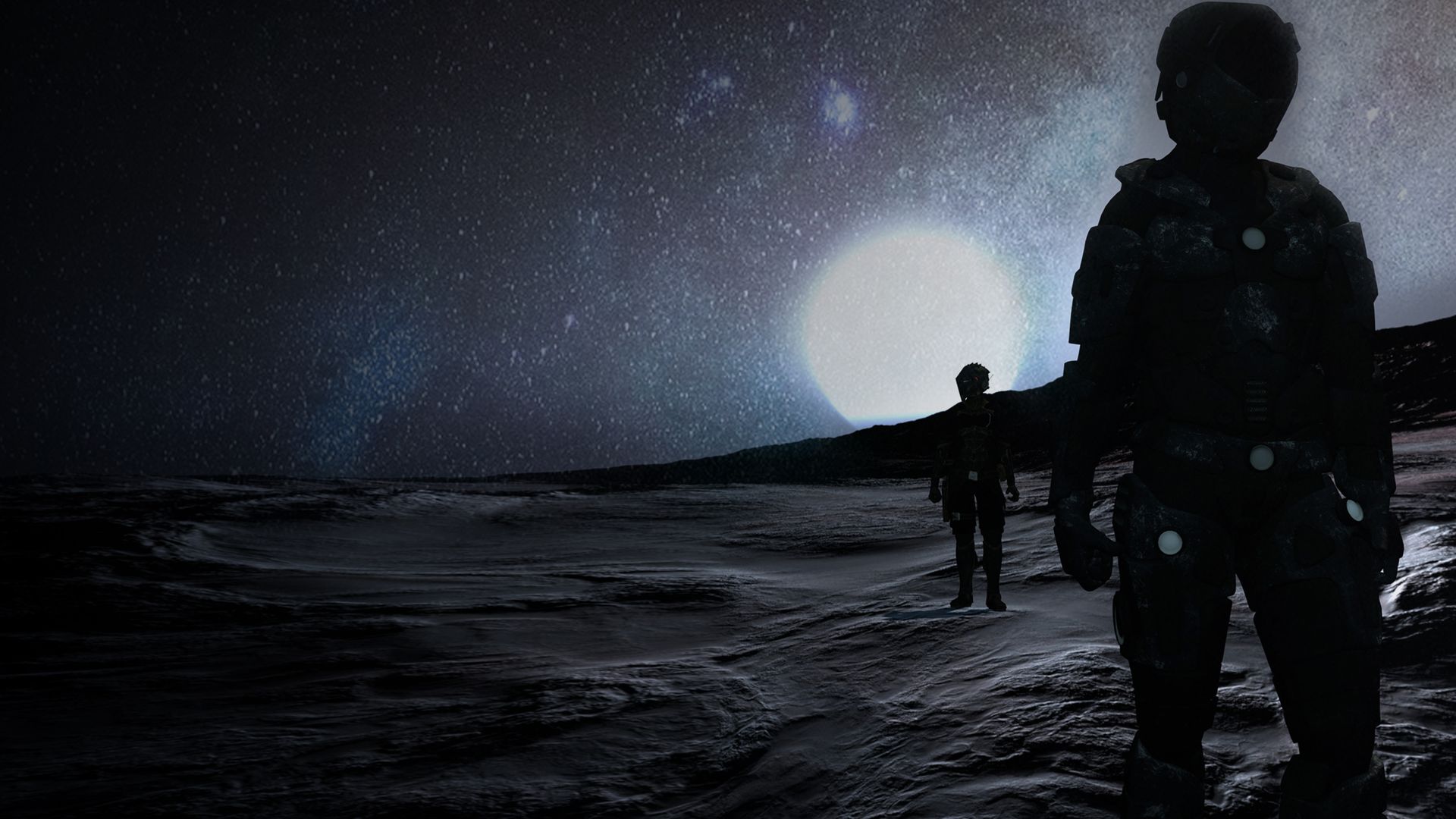

Are There Other Earths?
Scientists, wielding sensitive new telescopes and "big data" tools, have detected planets around thousands of stars; some Sun-like and some very different from our star. Many newly discovered "exoplanets" lie in "habitable zones," where liquid water may support the chemistry that enables biology. How will astronomers discover if we have company in the cosmos and where they live?
Scientists, wielding sensitive new telescopes and "big data" tools, have detected planets around thousands of stars; some Sun-like and some very different from our star. Many newly discovered "exoplanets" lie in "habitable zones," where liquid water may support the chemistry that enables biology. How will astronomers discover if we have company in the cosmos and where they live?
Related Articles
View AllFrom Chaos to Order: How the Solar System Was Born and Evolved
From a swirling cloud of gas and dust, the Sun and planets emerged 4.6 billion years ago. Discover how rocky worlds and gas giants took shape in our Solar System’s early days.
Is There Life on Exoplanet K2-18b?
Scientists found a potential sign of life on a distant planet. A prominent astronomer explains why many are still skeptical.
Dyson Spheres: Fictional or Just Undiscovered?
Astronomers have been on the lookout for Dyson spheres since the 1980s. Absorbing nearly all of a star’s light, these theoretical megastructures could be the key to discovering…
5 Reasons We Haven’t Found Aliens
Life has yet to be found among thousands of potentially habitable exoplanets in the Milky Way. What makes Earth so special? Scientists point to several major reasons that make…
Why Does Earth Have Seasons? (And What Are the Implications for Life on Other Planets?)
The changing seasons on Earth are nature’s gift that keeps on giving. Not only do they enchant us, but life itself might depend upon their progress year in and year out. And what…
Space Travel to Exoplanets: Will a New Human Species Emerge?
Soon, astronauts will return to the Moon, and then on to Mars. In the future, humans may travel farther still to an exoplanet beyond our Solar System. The challenges are daunting,…
Are We Alone in the Universe? Scientists Resoundingly Say . . . Maybe
Are we alone in the Universe? Many people wonder if we’ll ever encounter an intelligence from beyond our planet. Space science organizations are searching our galaxy to uncover…
Ancient Influencers: Aristotle and Epicurus Debate Other Earths
Though ancient Greek philosophers like Aristotle and Epicurus are far removed from the present day, let’s not underestimate their thinking on the nature of the Universe – and…
The Overview Effect: How Seeing Earth from Space Changes Lives—and Inspired a Movement
The Overview Effect is the feeling of connection that astronauts experience when seeing the Earth from space. It also helped inspire the first Earth Day.